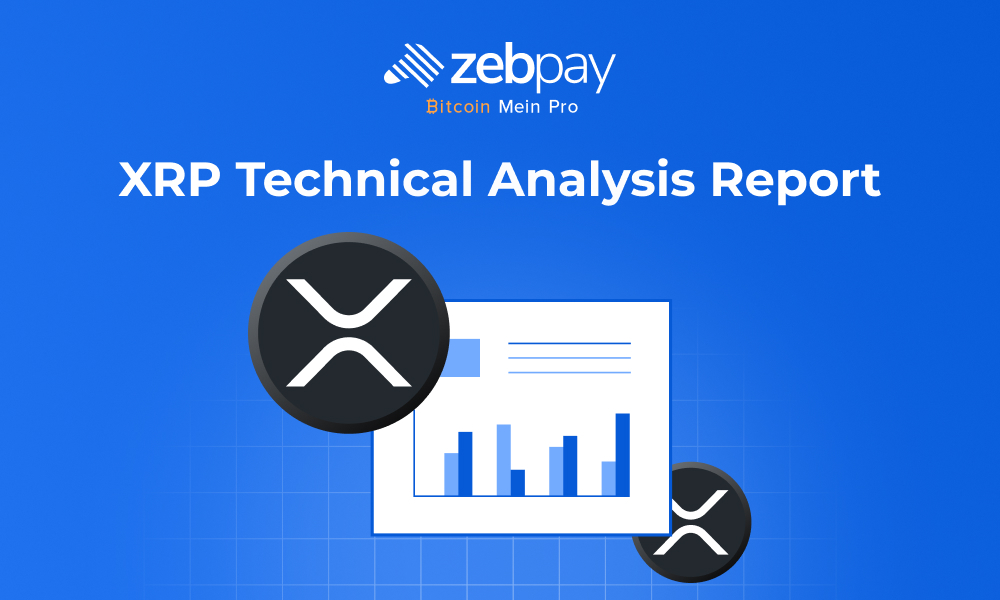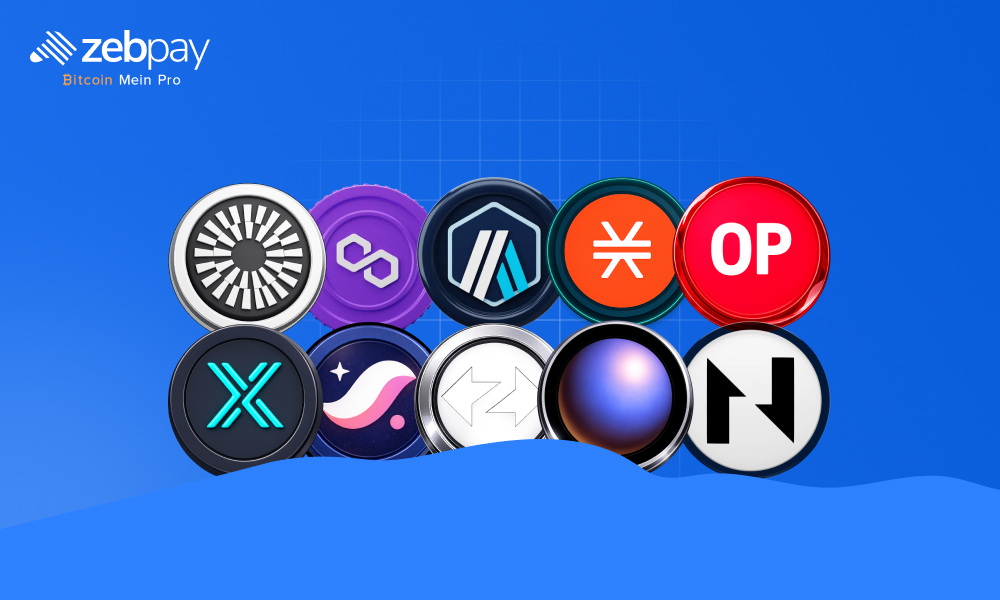Introduction
Traditional centralized social media platforms collect and monetize user data with the help of advertising. Web3 social media platforms on the other hand enable users to control and monetize their own data in-effect giving more power to consumers. Web 3 platforms create a user-centric environment where users have greater control over their data and online experiences. This shift towards user empowerment and decentralization will revolutionize social media engagement. Web3 is redefining social media user engagements, rewards, and loyalty programs through its innovative tools. It can help to improve customer loyalty and create immersive online experiences across all brand and customer engagements.
Understanding Web3
Web3 is a new version of the internet, a public network built on blockchain technology and semantic architecture to enable personalization, decentralization, and a token-driven ecosystems. Web3 will transform the way we engage with social media platforms. Content creators can get paid in crypto tokens when users interact with their work on Web3.
Semantics are also integral part of Web3. Semantics are emotions represented by facts, and the semantic Web is integral to Web 3.0. Semantic metadata will improve data transmission in the Web3 ecosystem.
Read more: What is Web 3.0
Artificial Intelligence, or A.I., is another vital technology driver for Web3 social media innovations. Decentralized networks also contribute to the building of innovative Web3 social media platforms. They enable crypto users to transfer sensitive data without intermediaries or compromising user privacy. Another technology that is fueling Web3 innovations is 3D graphics. It helps create a more realistic virtual environment with many commercial use cases.
Enhanced Content Creation and Curation
One of the vital advantages of Web3 for content creators is greater ownership and control over their content. They can fully own their content and control its monetization and distribution. It is different from the current centralized platforms, where content creators have limited ownership and control over their content. Another Web3 advantage is the creation of new revenue models. Web3 enables new forms of monetization like new versions of subscription, tipping, and micropayment models. Web3 helps content creators to have a more direct touch with their audience and earn more money for their work.
Building Trust and Authenticity
Web3 identity management is more secure than its centralized counterpart because data is stored in a decentralized manner and not in centralized storage systems. Web3 identity systems provide more privacy, as you can verify your identity without revealing sensitive personal information. These new-age identity systems also offer a better user experience as they can log into applications with a single set of credentials rather than managing many for different accounts.
Decentralized identifiers can help crypto users to identify themselves online without centralized intermediaries. They are the foundation of Web3 identity and are global, unique, and permanent identifiers stored on a blockchain network. You can prove who you are online without revealing sensitive personal information to different websites and applications.
Web3 social media platforms can provide greater transparency on how ads are targeted and who views them. These platforms are built on open protocols which allows easy verification of advertisement claims. The use of blockchain technology can bring more transparency to the advertising process. Advertisers can create transparent trails of the users they are targeting and their ads can reach the right audiences through Smart contracts. It also empowers users to see how advertisers exploit data to target them.
Community Governance and Consensus
The governance model of Web3 social media platforms is democratic, and users can influence policies and rules through decentralized decision-making systems such as token-based voting. These participatory governance models enable more voices to be heard, encouraging consensus and leading to more equitable crypto ecosystems.
Monetization Opportunities for Creators
Monetization opportunities on Web3 social media platforms are directly connected with social interactions. Users can earn crypto tokens for online work such as creating content, participating in governance, or curating online feeds. Tokenization facilitates financial empowerment as it provides a tangible return for online work and engagement. NFTs offer a unique way to monetize Web3 assets. Users can create beautiful digital work, sold as NFT collectibles to earn direct revenue.
Data Privacy and User Control
Web3 social media platforms empower their users with complete ownership of their data. User data is not stored on a single server but is stored across multiple nodes, improving data privacy and security. Web3 users can maintain control over how and when their data is shared with self-sovereign identities. This feature helps improve user autonomy and privacy rights.
Web3 users can communicate with each other and other applications without intermediaries. This feature opens new possibilities for how data can be shared and stored. Interoperability helps transfer data and digital assets from one Web3 platform to another without compromising user privacy or network security.
Read more: Web3 and Data Privacy
Interacting in Virtual Worlds and Metaverses

Web3 users can experience 3D avatars and virtual worlds in the metaverse. For example, you and your friends can play popular games on another user’s virtual property. Users can interact with each other in virtual worlds and indulge in many online activities in these virtual spaces through AR and VR devices. Web3 offers the best outlet for the adoption of AR and VR devices. These devices will disrupt online social interaction and collaboration. They will enable users to have an immersive online experience and change the way we interact, shop, and perform other online activities. VR and AR technology will be crucial to access Web3 and interact between virtual worlds using digital avatars.
Cross-Platform Interoperability
Different online platforms and applications can interact seamlessly in Web3 ecosystems. This interoperability feature enables users to access various services and information across multiple Web3 networks. Interoperability helps promote the creation of diverse online communities and more collaboration. It allows brands to access on-chain data without violating Data privacy and protection regulations. It also facilitates collaboration between businesses and individuals, creating a cooperative business ecosystem. New cross-industry and powerful products can be created as different Web3 networks and assets can easily connect.
Reshaping Influencer Marketing and Brand Relationships
Influencer marketing is evolving due to the emergence of Web3 social media platforms. These Web3 platforms offer users more security, transparency, and control over their data. Brands can partner with Web3 influencers to tap into unique opportunities to reach audiences and build user trust. Web3 social media platforms promote the values of transparency and authenticity through the use of smart contracts. These features can help brands create authentic connections with their customers. Influencer marketing campaigns can achieve higher engagement and conversion rates on Web3 social media platforms, improving brand loyalty and increasing sales.
Read more: Future of Web3 in Ecommerce
Challenges and Considerations
One of the significant challenges to the adoption of Web3 social media platforms is a lack of awareness. Many people are not aware of the benefits of decentralized digital platforms. Scalability is another challenge for Web3 platforms. There is a risk of network congestion and slow transaction times as more users grow on Web3 social media platforms. It can also lead to higher fees and operational bottlenecks. Regulatory challenges are another challenge for the adoption of Web3 platforms. There is a need for Web3 applications to comply with existing regulations, such as anti-money laundering and KYC regulations. The decentralized nature of Web3 platforms makes it hard to implement these regulations.
Future Outlook and Possibilities
The blockchain technology of Web 3.0 brings greater security, privacy, and efficiency to social media networks, enabling you to have more control over your data and online experiences.
Web3 can empower content creators by providing new methods to monetize their work, greater data ownership and transparency, and new ways to engage with their community. As Web3 continues to evolve, it will become more vital for content creators to engage and grow their online community.
To stay up to date with the latest crypto news, visit ZebPay blogs. Click on the button below to trade on ZebPay.
Frequently Asked Questions (FAQs)
How does Web 3.0 enhance user engagement in social media?
Web3 can enhance user engagement in social media by providing an immersive 3D environment through AR/VR devices.
What are the advantages of decentralized content creation and curation?
One of the vital advantages of Web3 for content creators is greater ownership and control over their content.
How does Web 3.0 address privacy concerns in social media?
Web3 user data is not stored on a single server but is stored across multiple nodes, improving data privacy and security. Web3 users can maintain control over how and when their data is shared with self-sovereign identities.
What impact does Web 3.0 have on influencer marketing?
Influencer marketing campaigns can achieve higher engagement and conversion rates on Web3 social media platforms, improving brand loyalty and increasing sales.







